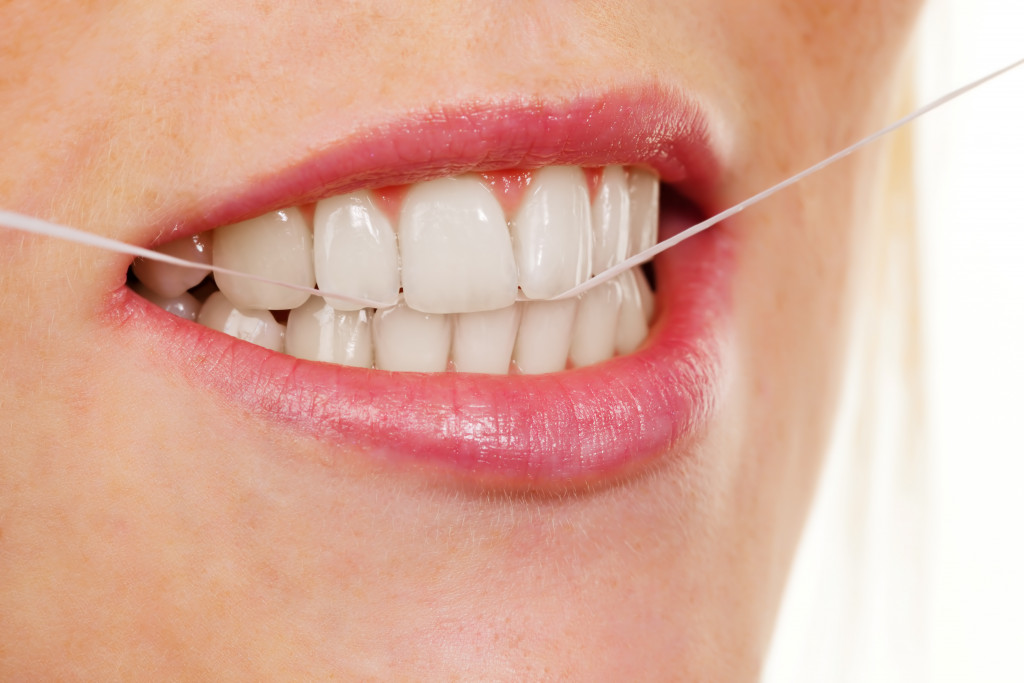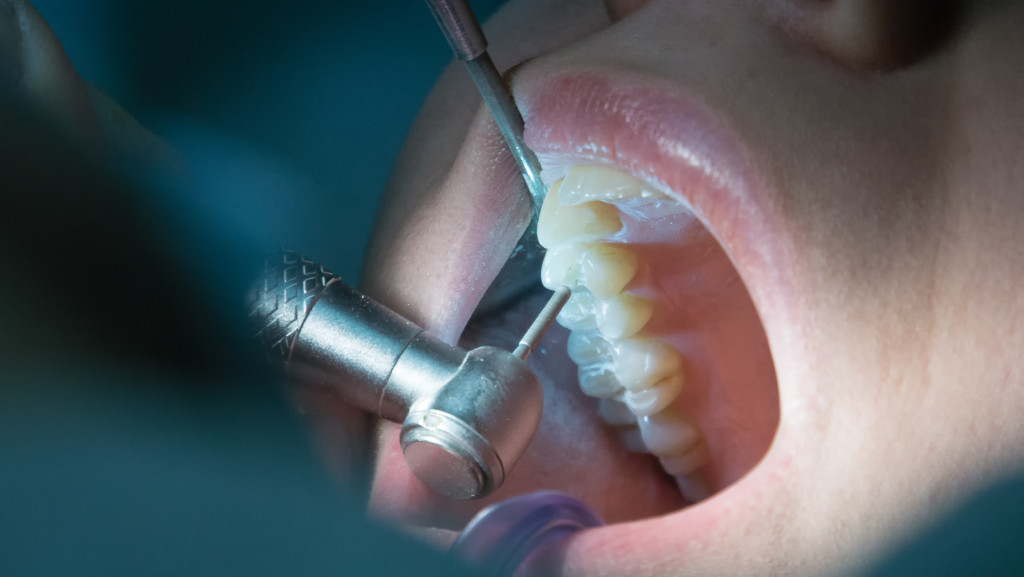Do you know that your oral health is a window to your overall health? That by taking care of your oral health, you’re also ensuring overall wellness? Problems in your mouth such as gum disease, tooth decay, and many others can affect the rest of your body. In fact, researchers at the University of North Carolina School of Dentistry found that people with gum disease are 200% more likely to die from a heart attack. They are also three times more likely to suffer from a stroke.
Gum disease is considered to be the most common chronic inflammatory condition in the world. Yet, many people dismiss gum diseases because they don’t sound that serious. But think about where your mouth is located in your body. It is near the most important parts of your body—it is near your brain, lungs, and heart. This means that any ongoing inflammation in your mouth can affect your brain, lungs, and heart. They can also lead to more inflammation in certain parts of your body.
Your Mouth as Entry Point
Ask your dentist about the synergic relationship between oral health and overall wellness. Any dentist will tell you that your mouth is full of bacteria and that it is the entry point to your digestive and respiratory tracts. Think about it. When the coronavirus pandemic happened, experts were quick to point out how the virus was getting through the bodies. They asked people to cover the nose and mouth because that’s where the virus has been entering.
Some of the bacteria that enter your mouth can lead to respiratory and heart diseases. Typically, brushing, flossing, and a good oral health routine can keep the bacteria at bay. Without good oral hygiene, the bacteria can cause tooth decay and gum diseases, which are closely associated with heart diseases and respiratory problems.
Conditions Connected to Oral Health
At least four conditions are closely associated with oral health. Endocarditis is the infection of the lining inside the heart valves or chambers. It happens when bacteria get to your bloodstream from other parts of the body, including the mouth. Cardiovascular problems such as stroke, clogged arteries, and heart diseases are also closely associated with the inflammation and infection that bacteria can create.
Bad oral health might also be playing a factor in pregnancy and birth complications since periodontitis has been connected several times to low birth weight and premature birth. Pneumonia can also result from gum diseases and tooth decay because bacteria can get to your lungs to cause respiratory problems.
Conditions that Affect Oral Health
On the other hand, certain conditions also affect your oral health. The list includes diabetes, HIV/AIDS, osteoporosis, and Alzheimer’s disease. Diabetes reduces the body’s resistance to infections, so gum diseases are more common in people with diabetes. At the same time, diabetic people have a more difficult time handling the level of their blood sugar.
HIV/AIDS can also cause oral health issues such as painful mucosal lesions. These are commonly experienced by people battling HIV and AIDS. When you have an autoimmune disease, it is extra important to take care of your oral health.
Osteoporosis and Alzheimer’s disease are also linked to oral health problems. Tooth decay, gum diseases, tooth loss, and periodontal bone loss can be experienced by people who are suffering from these two conditions. Worsening medical conditions will also affect the health of your gums and teeth.
The Role of the Saliva
When your body cannot produce enough saliva, it’s time for a check-up. The primary function of the saliva is to wash away food and neutralize acids caused by the presence of bacteria in the mouth. This means that saliva helps protect your body from bacteria that can cause serious health problems. The problem is that certain medications you take may lead to dry mouth.
If you take painkillers, decongestants, diuretics, antihistamines, and antidepressants regularly, you might be experiencing days when your body isn’t producing enough saliva. That can lead to serious health troubles because the saliva acts as a barrier between your mouth and the rest of the body. It filters the microbes that can enter your body.
Ensuring your overall wellness starts from your oral health. It is the entry point of every known bacterium. On its own, your mouth is filled with bacteria that are supposed to be harmless because of your body’s defenses. But over time, as you grow old and begin to take medications and develop certain conditions, the bacteria in your mouth can also start attacking your body.

